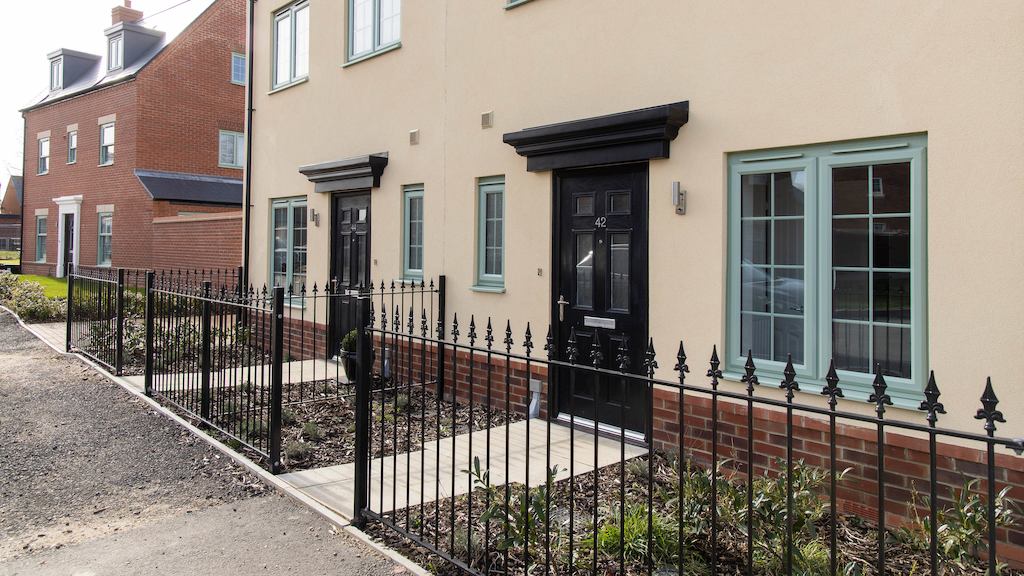The Centre for Ageing Better and Habinteg have urged action from government on accessible housing, as figures show that the number of people living in homes without the adaptations they need is rising and has reached one million. With the government currently deciding whether to update building regulations to include higher standards of accessibility, experts say the figures highlight the need for action.
The new figures from the English Housing Survey show that 53% of households (one million) do not have the adaptations they need – up from 45% (864,000) in 2014-15. A third (33%) of households that need adaptations say their home is unsuitable and they want to move.
During the pandemic, the lockdowns have highlighted the impact of unsuitable and poor-quality homes for those forced to stay indoors. Despite the easing of restrictions due on Monday 19th, many older and disabled people are likely to remain at home for longer, with clinically extremely vulnerable people being advised to avoid mixing indoors, mixing with unvaccinated people or working outside the home.
The most common adaptation needed inside the home is hand or grab rails in the kitchen or bathroom, stair rails, and shower seats and aids. For those who said they needed adaptations, almost one in five households (18%) said they could not afford to make the changes they needed. But with support, these adaptations are easy and inexpensive to install.
The new figures should prompt urgent action to address the number of people living in unsuitable homes, and illustrates the importance of ensuring that all new homes are built to accessible standards. Following a consultation last year on improving the accessibility of new homes, the government must now act to strengthen the mandatory building standards and an announcement should be included in the forthcoming disability strategy.

